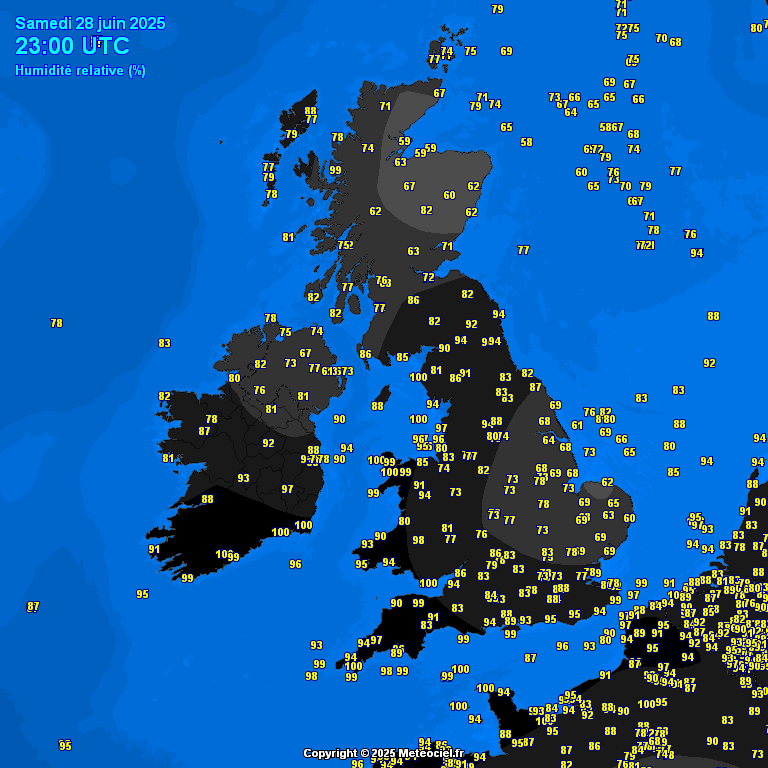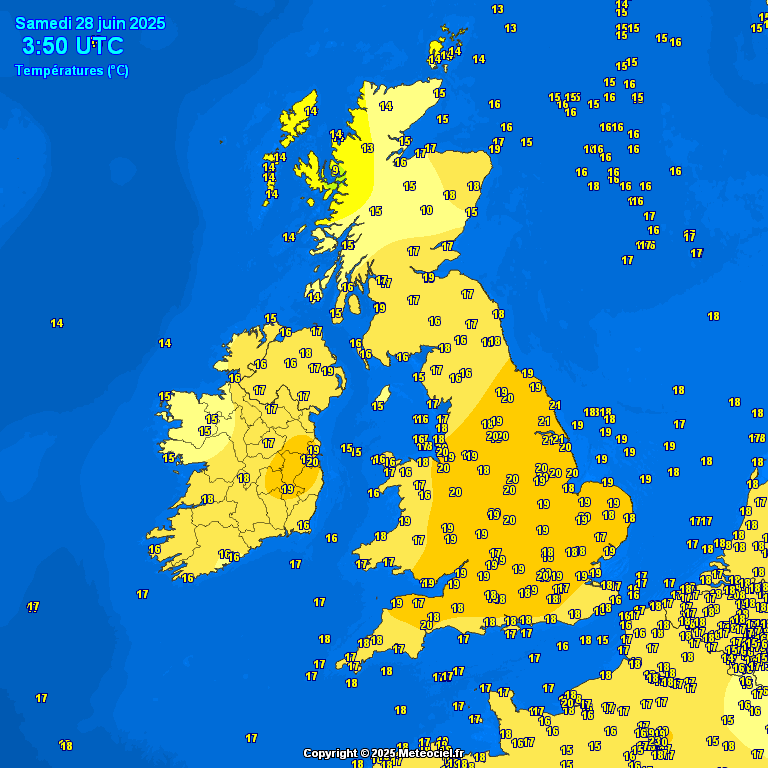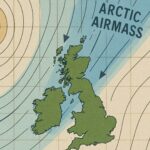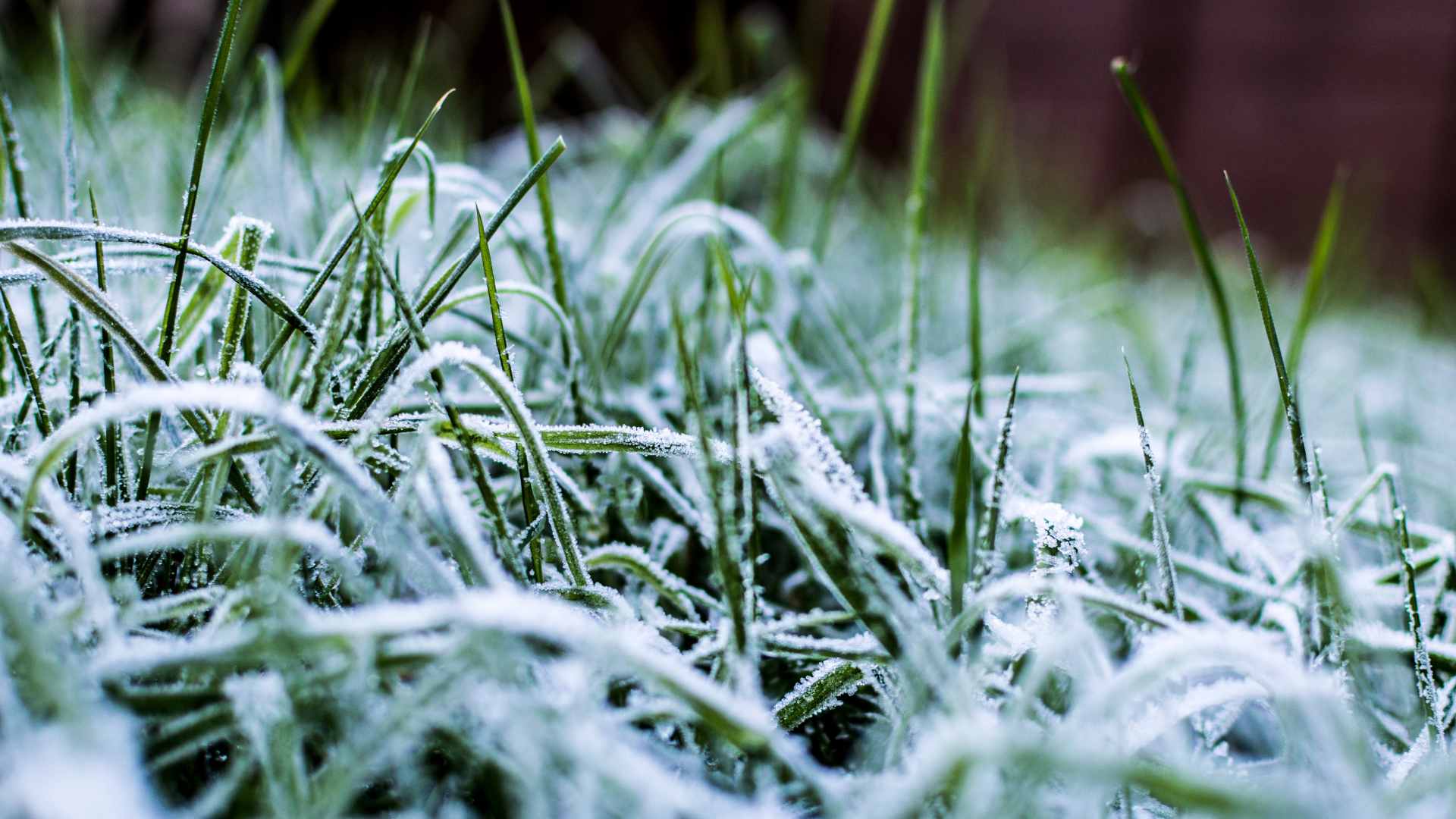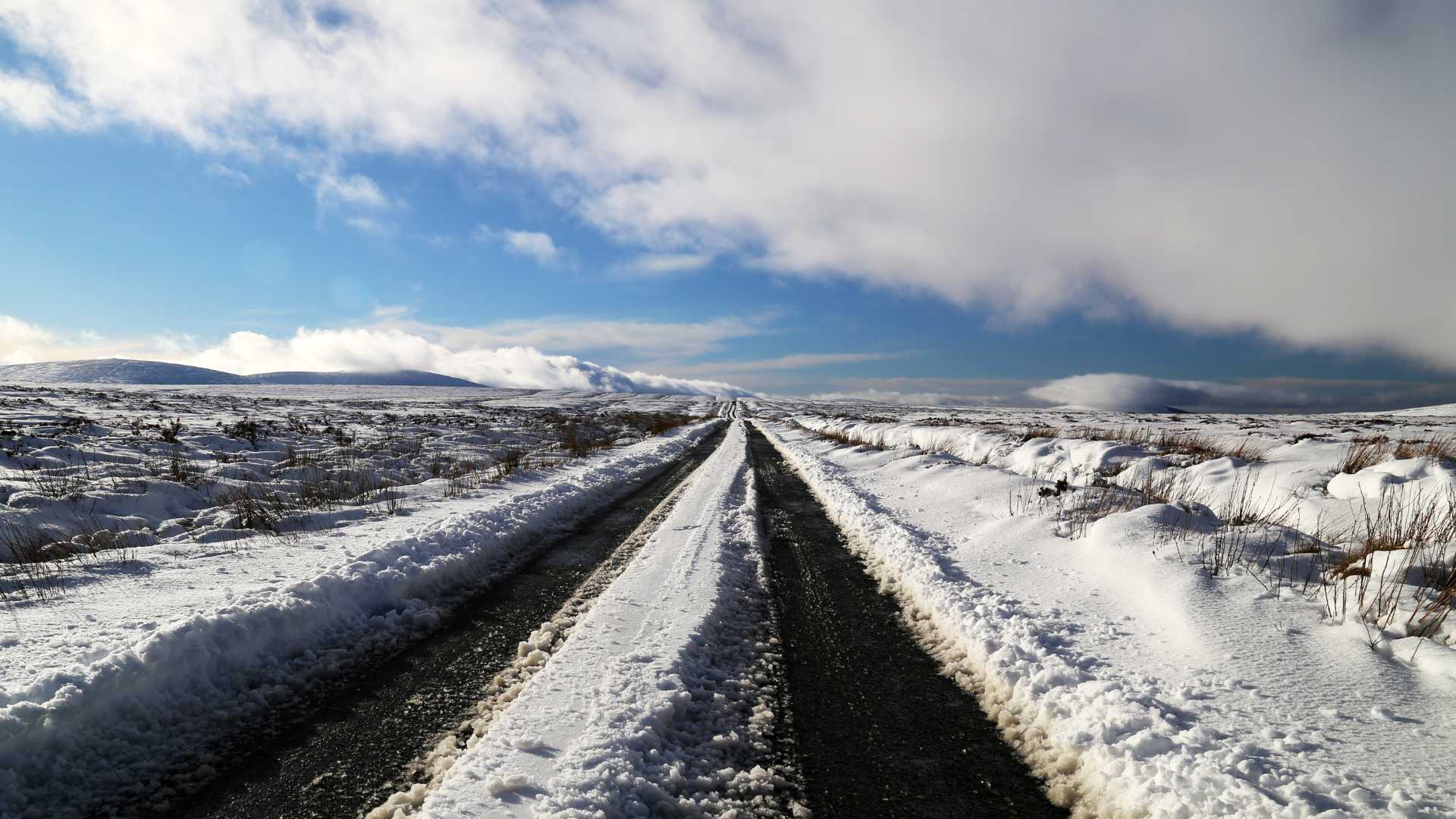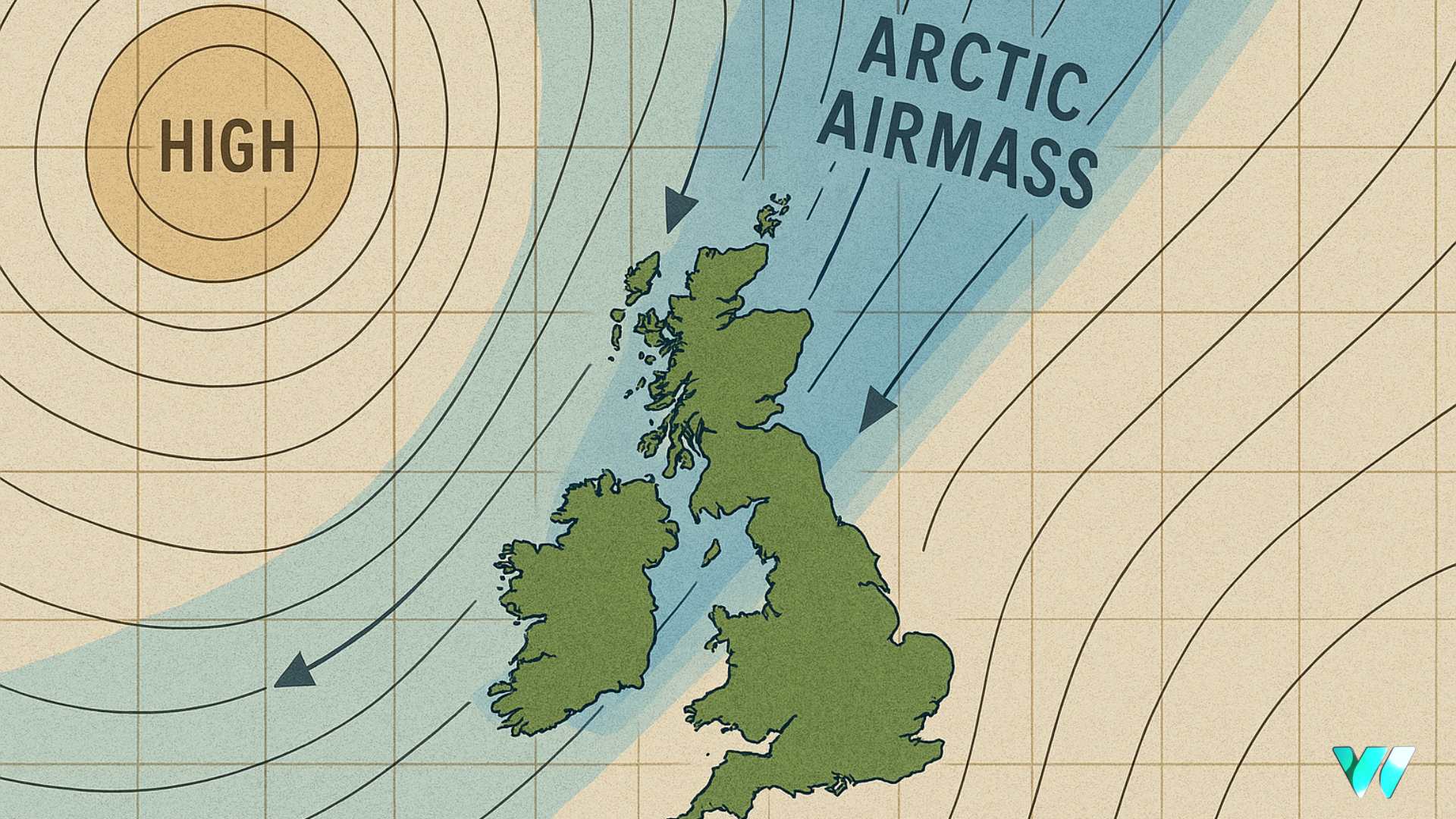
Ireland Feeling the Heat as High Humidity Lingers
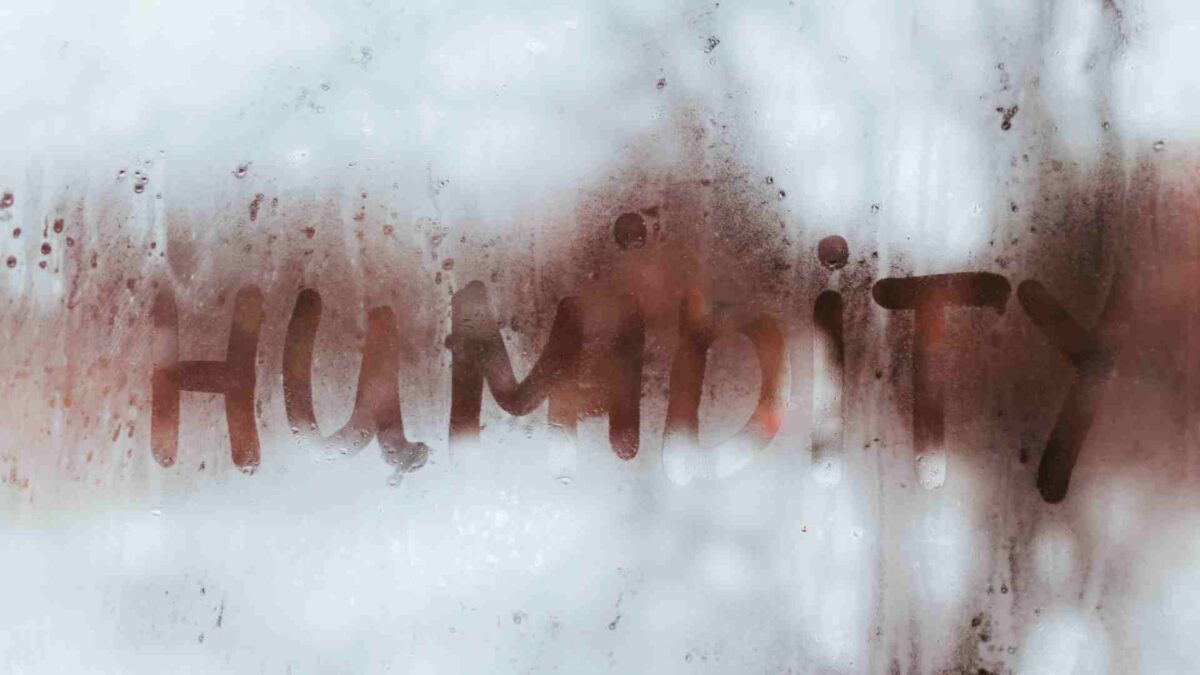
If you’ve felt unusually sticky or uncomfortable while out and about in recent days, you’re not alone. Much of Ireland has been experiencing an extended spell of high humidity, with conditions reaching particularly muggy levels on Friday and Saturday nights.
Humidity levels soared into the high 90s across parts of the country, making for an oppressive night where temperatures remained in the high teens throughout the hours of darkness. The combination of lingering warmth and moisture-laden air created conditions that felt much hotter than the thermometer indicated.
Humidity is caused when water evaporates from surfaces — including oceans, lakes, rivers, and even damp ground — and becomes water vapor. This moisture mixes with the air, raising humidity levels. Warmer temperatures accelerate this process, allowing the air to hold more water vapor and increasing the potential for muggy conditions.
Meteorologically, humidity is usually measured in two ways: absolute humidity, which reflects the actual amount of water vapor in the air, and relative humidity, which expresses how much moisture is in the air compared to the maximum it can hold at that temperature. When relative humidity climbs above 90%, the air becomes saturated, and it becomes noticeably more difficult for the body to cool itself through sweating.
This recent spike in humidity has been driven by a stagnant Atlantic air mass combined with above-average sea surface temperatures and light winds, allowing moisture to build up in the lower atmosphere.
High humidity can impact people in several ways — from causing discomfort and poor sleep to increasing the risk of heat stress in vulnerable groups.
Moisture can form on windows, mirrors, metal surfaces, and walls, especially if they’re cooler than the surrounding air. You might notice fogged-up windows in cars or buildings, or droplets on cold drinks and glasses.
Meanwhile, the air may appear thick or foggy, especially in the morning or evening. Water vapor can scatter light, reducing visibility and giving the air a heavy or blurred look.
